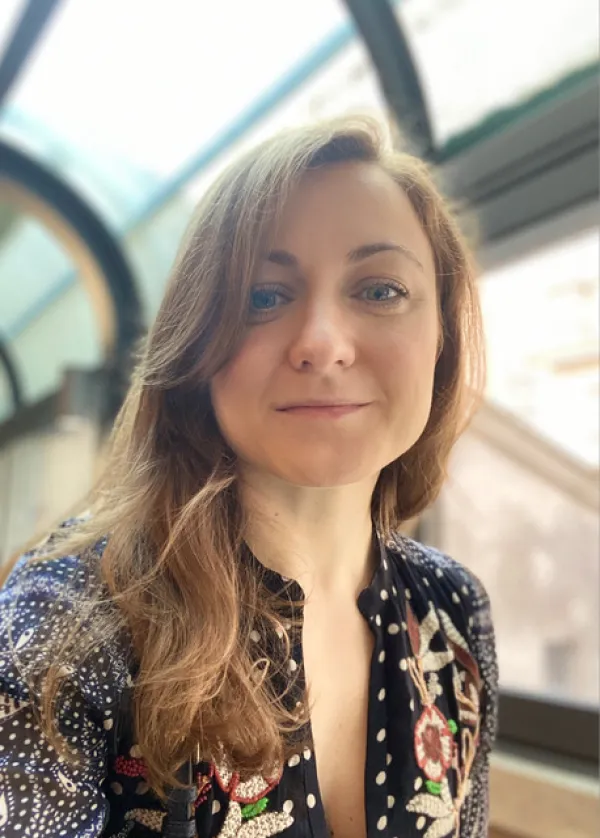Germany

Anamaria Bentea
Anamaria Bentea is a psycholinguist interested in how speakers represent and use grammatical knowledge in both their native and non-native languages, and how these systems interact in bilingual minds. She holds a PhD in General Linguistics from the University of Geneva. Her research examines language acquisition and processing in children and adults—monolingual, bilingual, typical, and atypical—with a particular focus on Romance languages such as Romanian and French.
This project investigates language acquisition and processing of Romanian in a multilingual context in Germany, the UK, and Romania. It addresses the real-time comprehension and production of both the minority (heritage) language and the majority (societal) language in child and adult multilingual speakers with three main aims: The first is to break new ground in our understanding of how the different languages of multilingual speakers interact and shape their language processing mechanisms. The second is to determine the nature of the potential discrepancies between various groups of multilinguals and the extent to which factors like cross-linguistic influence and language dominance affect bilingual processing. The third is to disseminate the empirical findings in accessible terms to parents, language teachers and other stakeholders to help them make informed decisions about multilingual practices in the school and the home.
Romanian is a relatively understudied language in multilingual contexts despite the large Romanian diaspora in Europe. To capture the range of variability characteristic of multilingual development, as well as address effects of language dominance, the target groups will include (i) Romanian heritage speakers living in Germany and in the UK, (ii) German heritage speakers living in Romania, as well as (iii) Romanian monolinguals. The choice of language combinations (Romanian-German, Romanian-English) is motivated by grammatical properties that these languages have or not in common. Such properties allow to examine how linguistic similarities or differences modulate the real-time comprehension and production of complex syntactic structures. The investigation will combine behavioural (picture-selection, production) and psycholinguistic (eye-tracking) methods and will compare not only between multilinguals and monolinguals, but also across various groups of multilinguals. The findings of the project will have implications for theoretical models of language processing, and for theoretical and practical aspects of language learning.
Language acquisition and processing; Bilingualism; Romance languages
